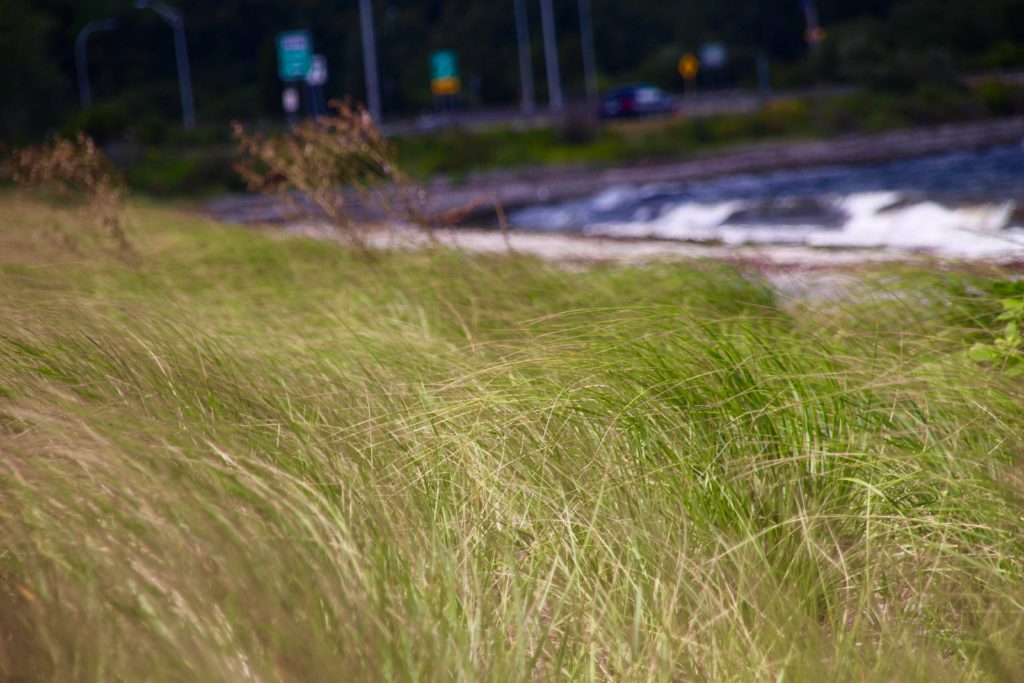On September 5, 2017, TPRA was granted an assent “…to perform invasive shrub and vine species management by mechanical means…” and to replant native species. This permission clears the way for TPRA to take on ten of the most invasive plants in any location where they have taken hold at Taylor Point. The ten species include Wineberry, Japanese Barberry, Glossy Buckthorn, Oriental Bittersweet, Black Swallowwort, Bittersweet Nightshade, Porcelain Berry, Japanese Knotweed, Garlic Mustard and Chinese Silvergrass.
The assent further allows for the removal of invasive plants and revegetation of the disturbed areas with native species in three test sites on Potter Cove Beach. Among the native species under consideration for revegetation efforts along the beach are Seaside Goldenrod, Virginia Rose, Switchgrass, Salt-hay Grass, Northern Bayberry and others.
Areas within the Cliffs sector and within the Black Cherry Woodlands have also been approved for specific restoration work. Work in these areas will target Morrow’s Honeysuckle, Greenbrier, Japanese Honeysuckle and other invasive plants for removal.
Under the assent, Poison Ivy and Greenbrier are the only native species TPRA is permitted to cut back or remove, and only in areas where they are “…impeding public access or native tree or shrub growth.” The assent does not permit the removal of mature trees, whether native or invasive.
In all cases, only the use of mechanical means, as opposed to chemical means, has been approved. Any considered use of herbicides will require additional authorization from CRMC as well as that of the RI Department of Environmental Management’s Division of Agriculture. Similarly, any work in wetlands is not allowed unless TPRA and Jamestown apply for, and are granted, authorization from CRMC. The assent extends for a period of 5 years, and the work is authorized to be conducted in the specific manner proposed in the plans that TPRA in partnership with the Town of Jamestown submitted in the formal request.
